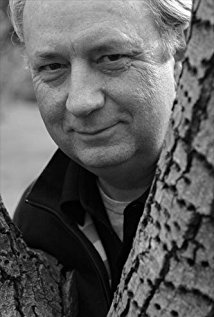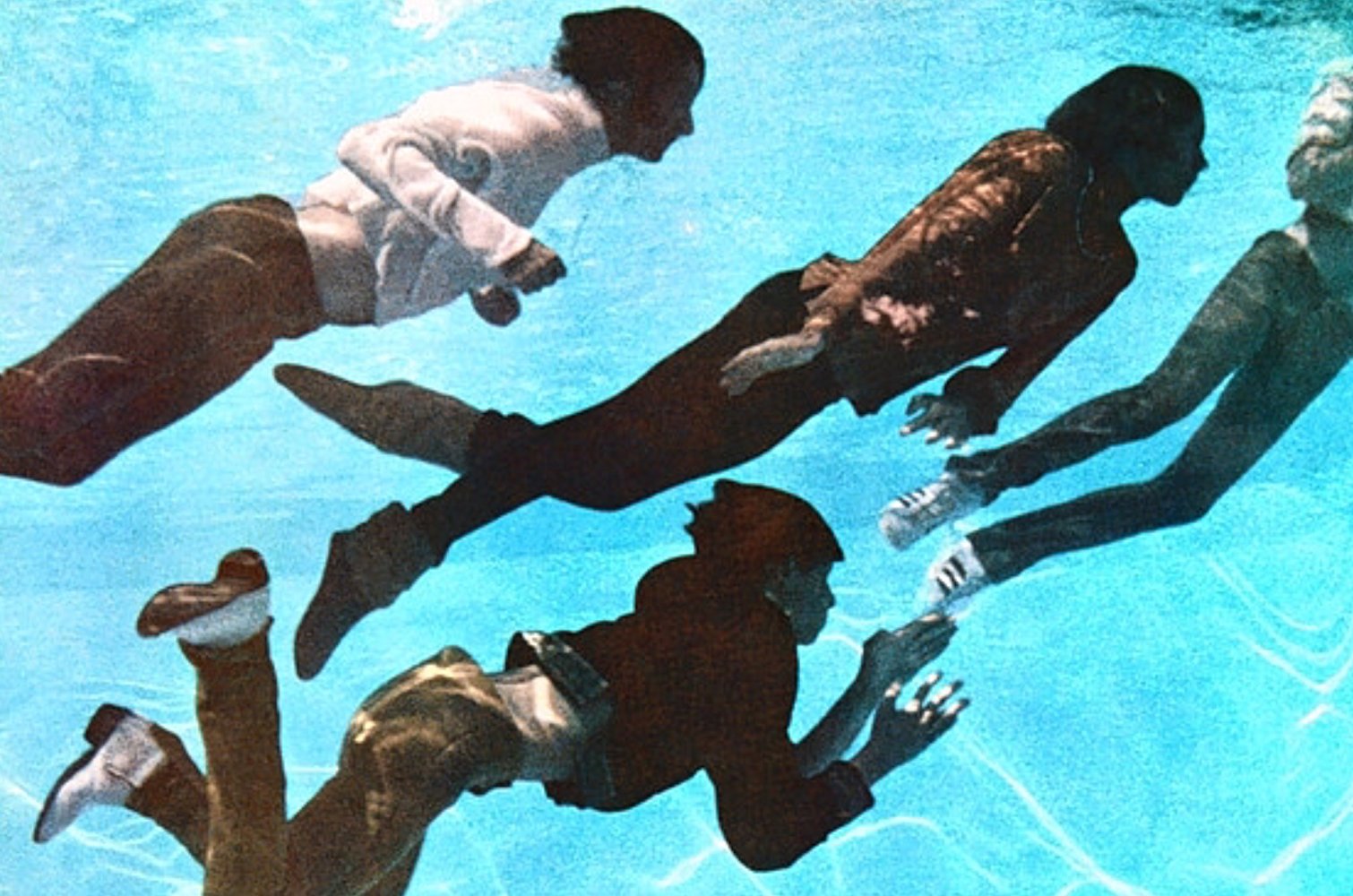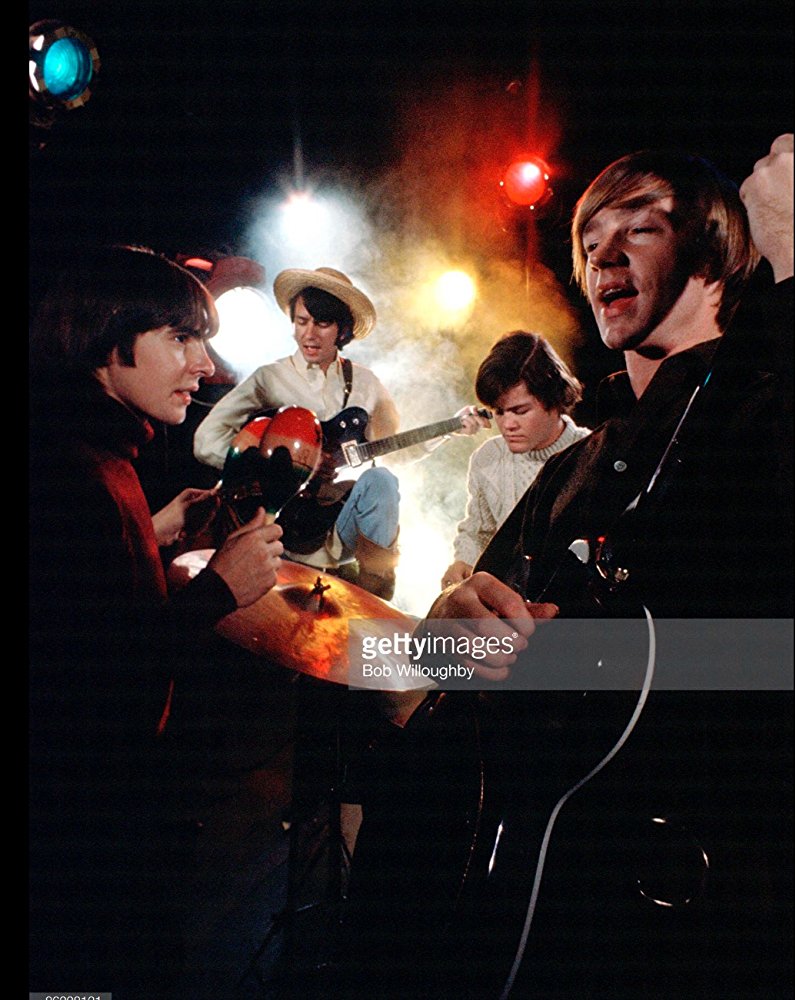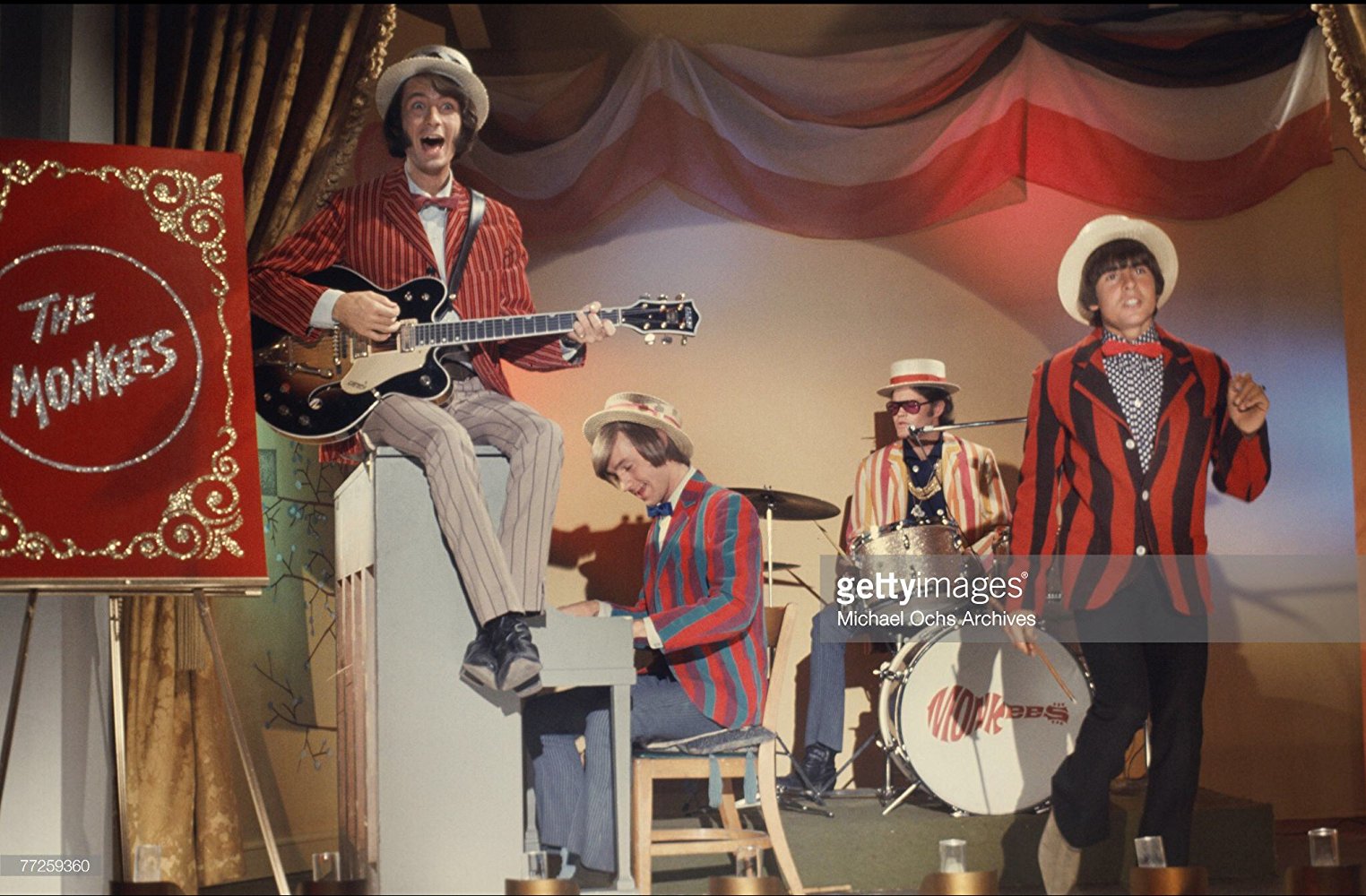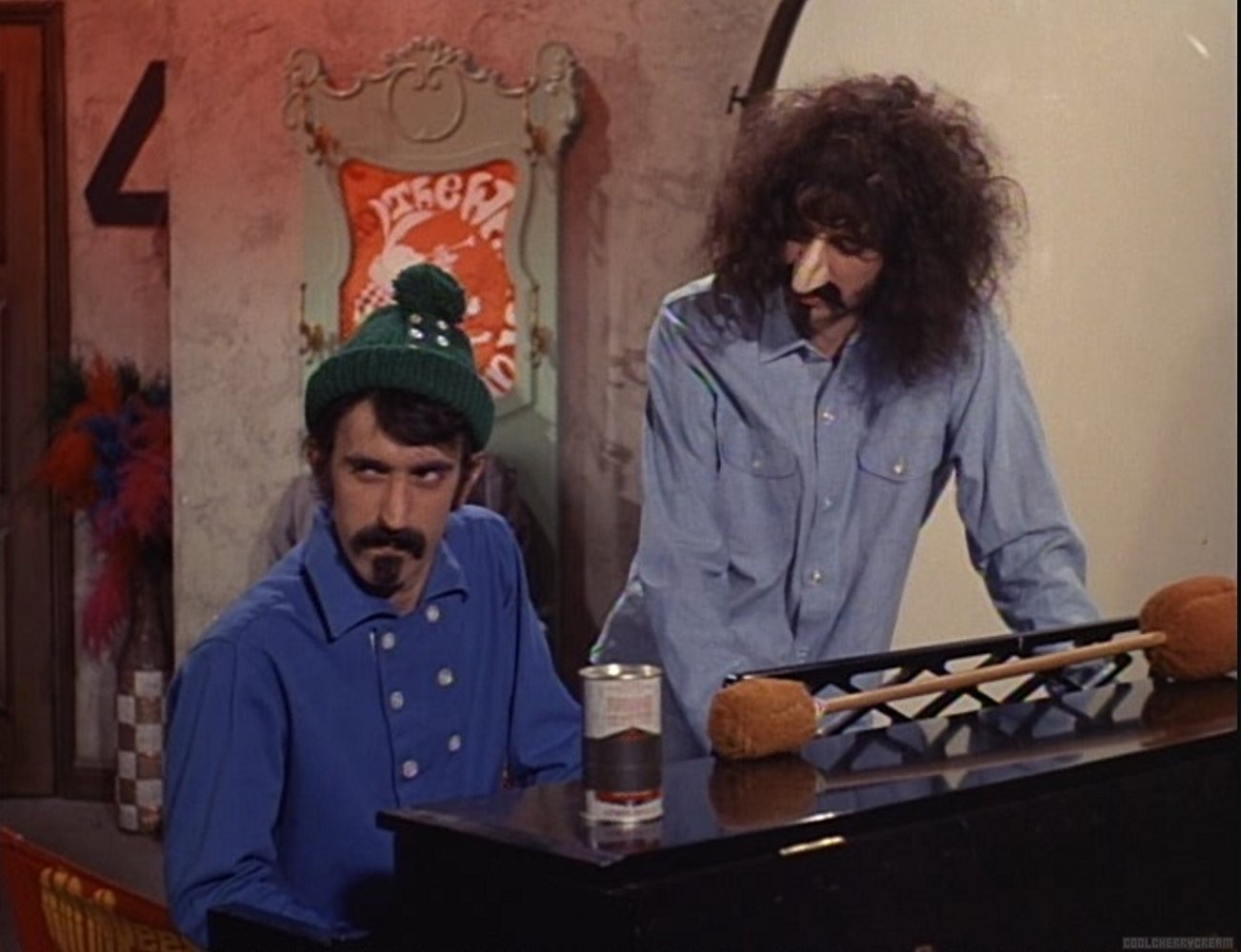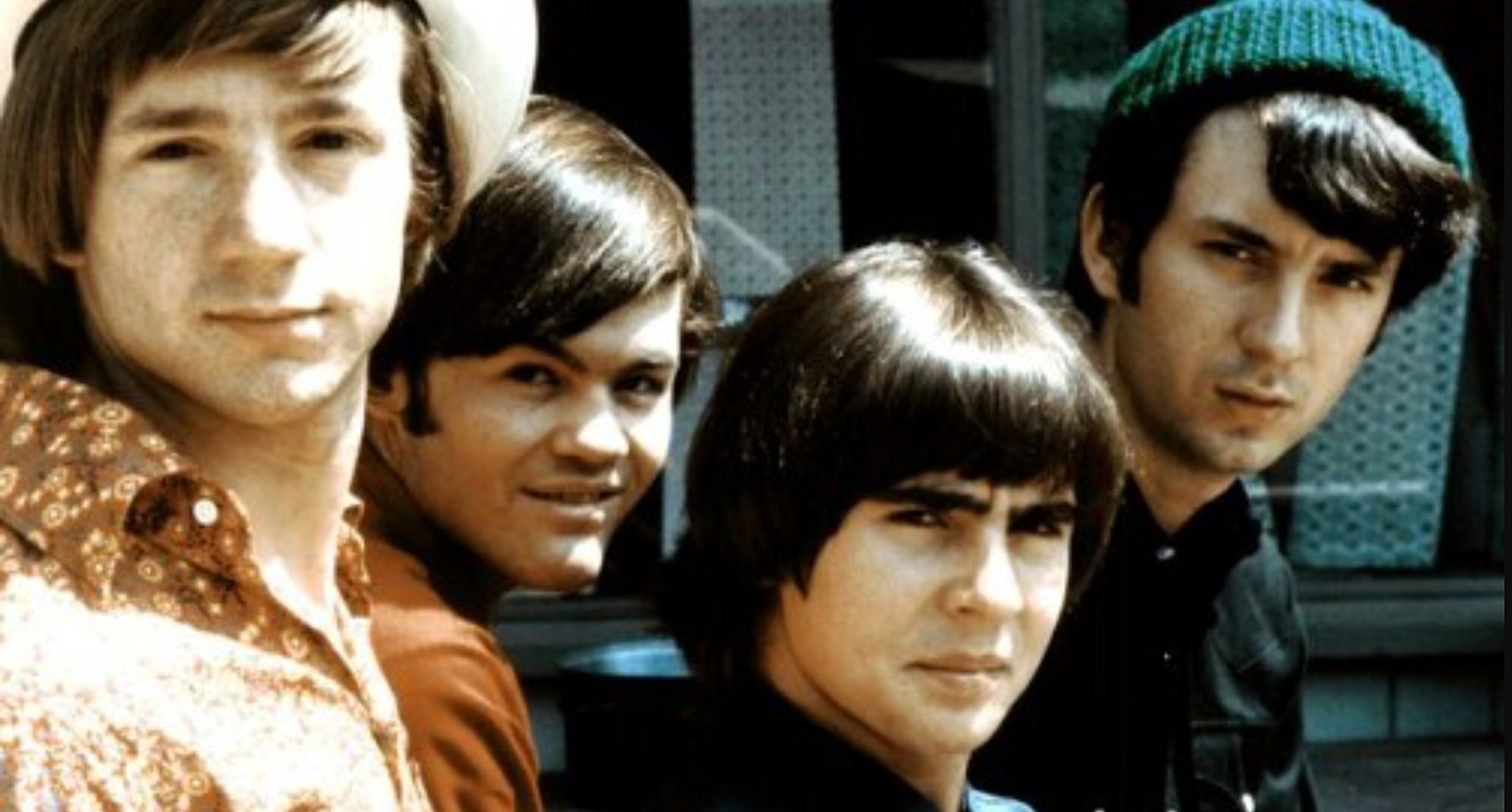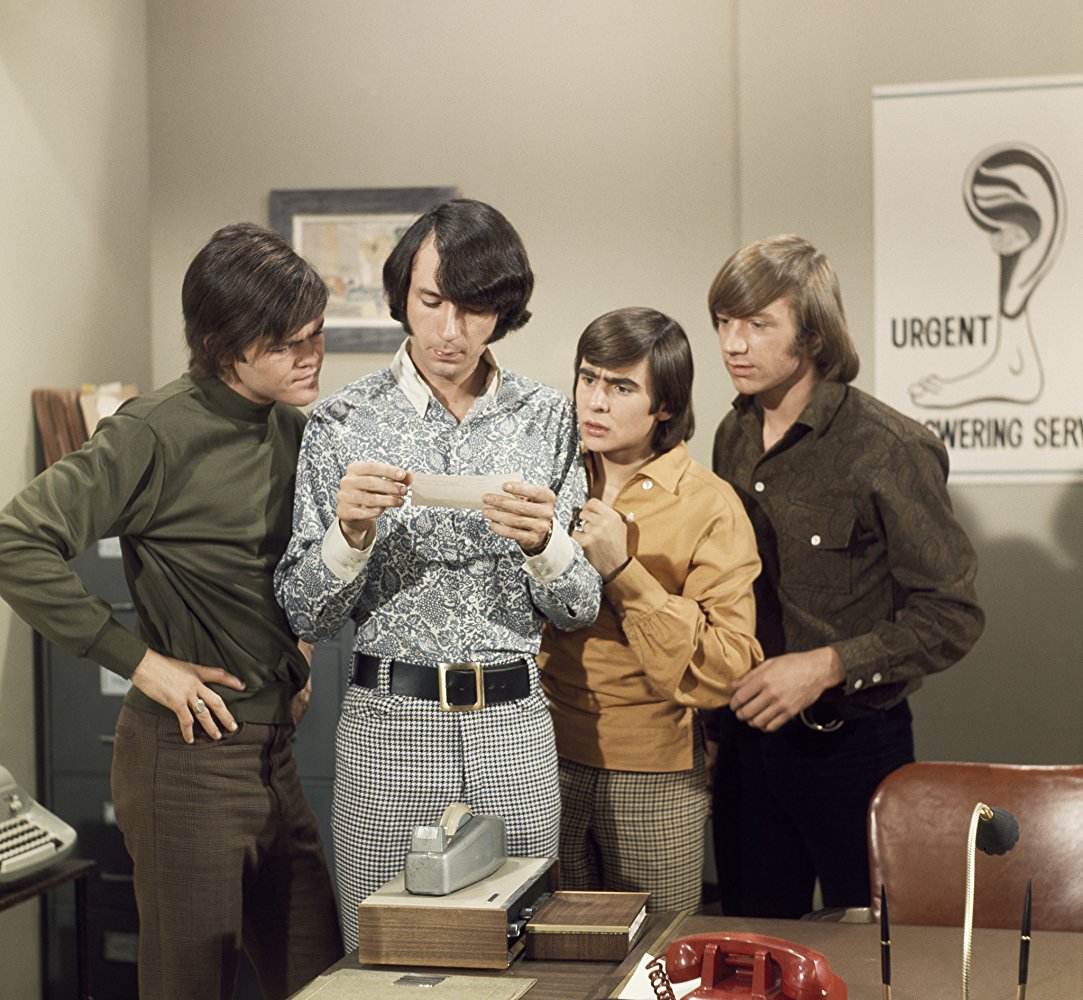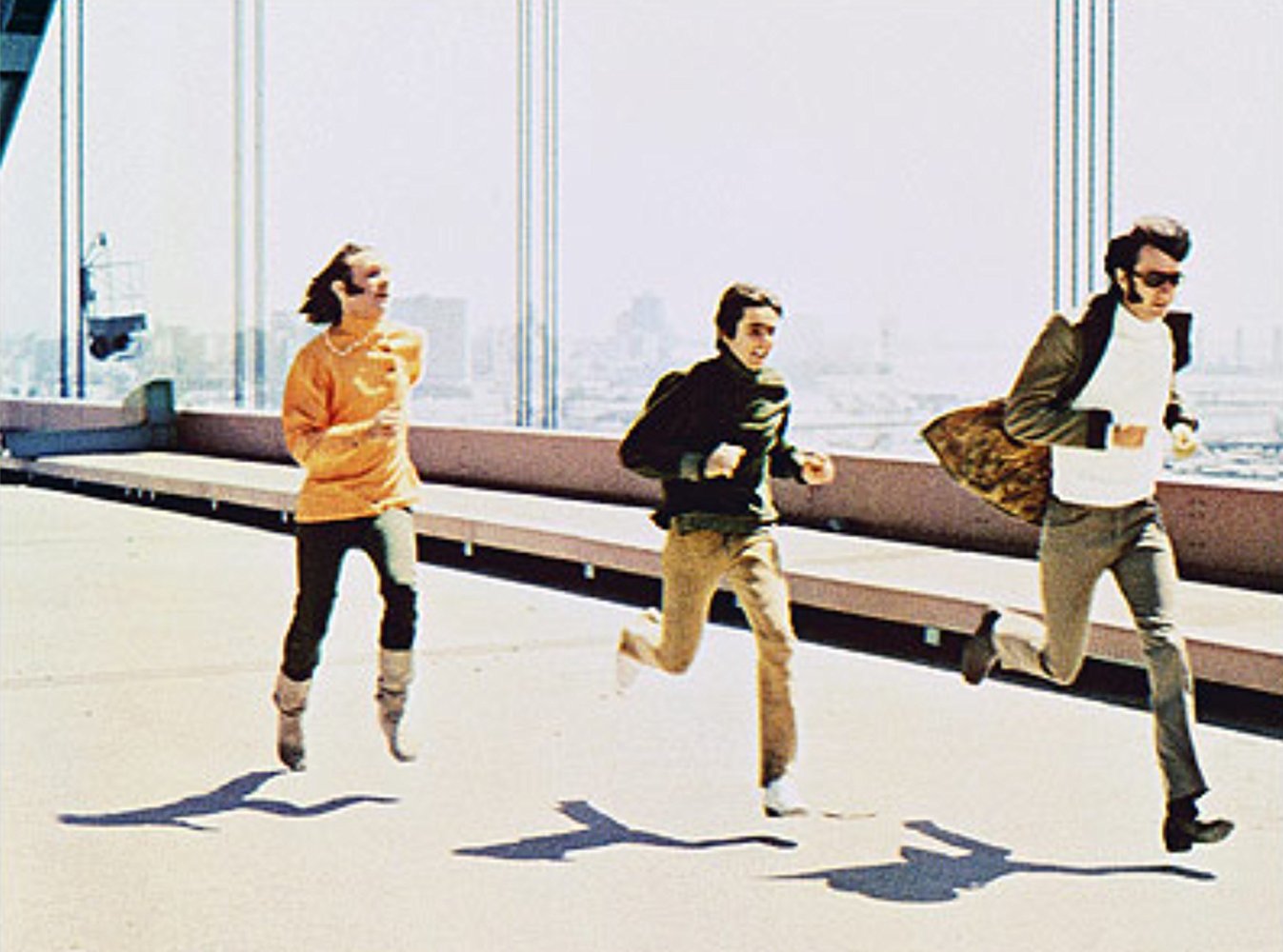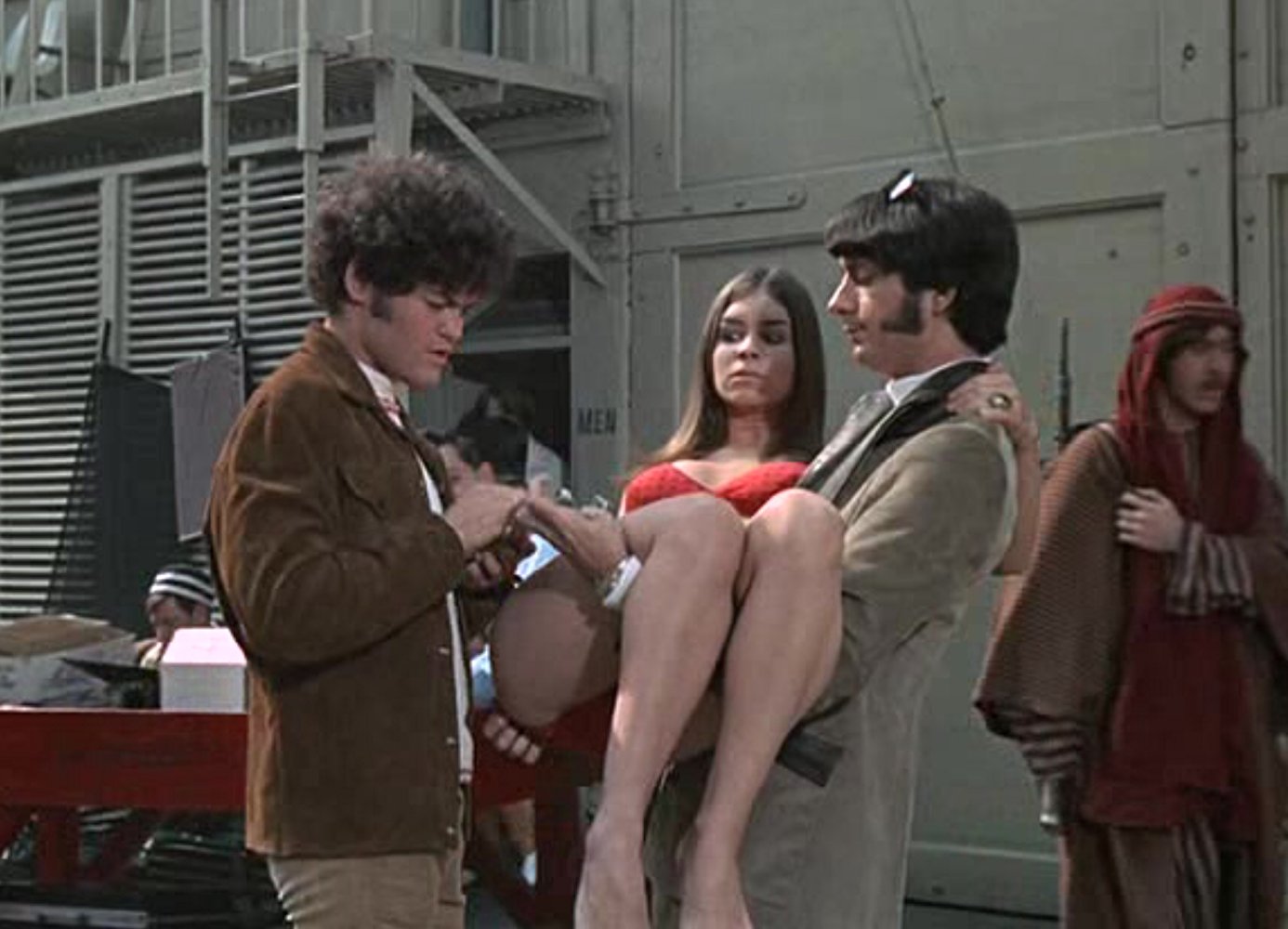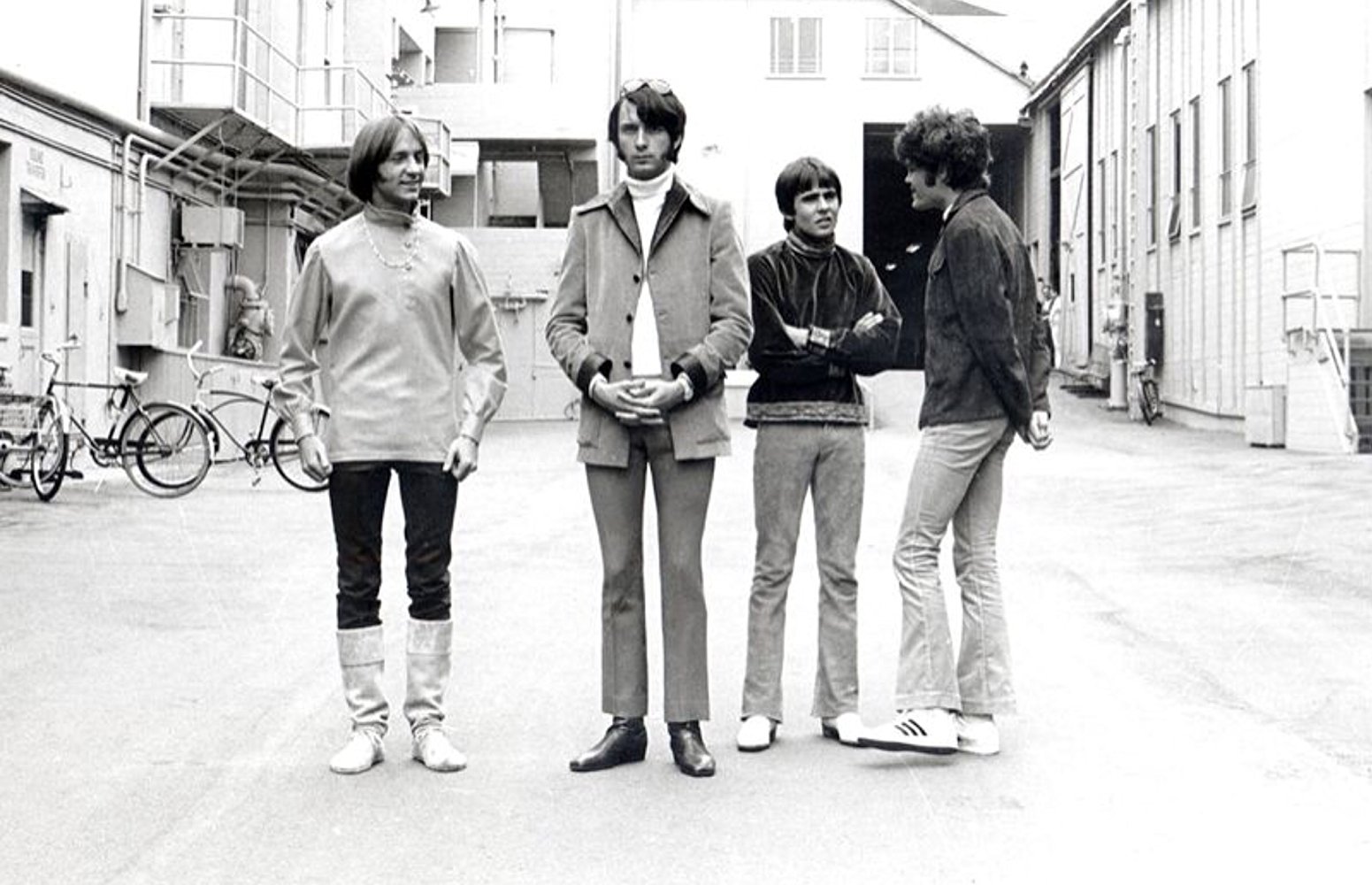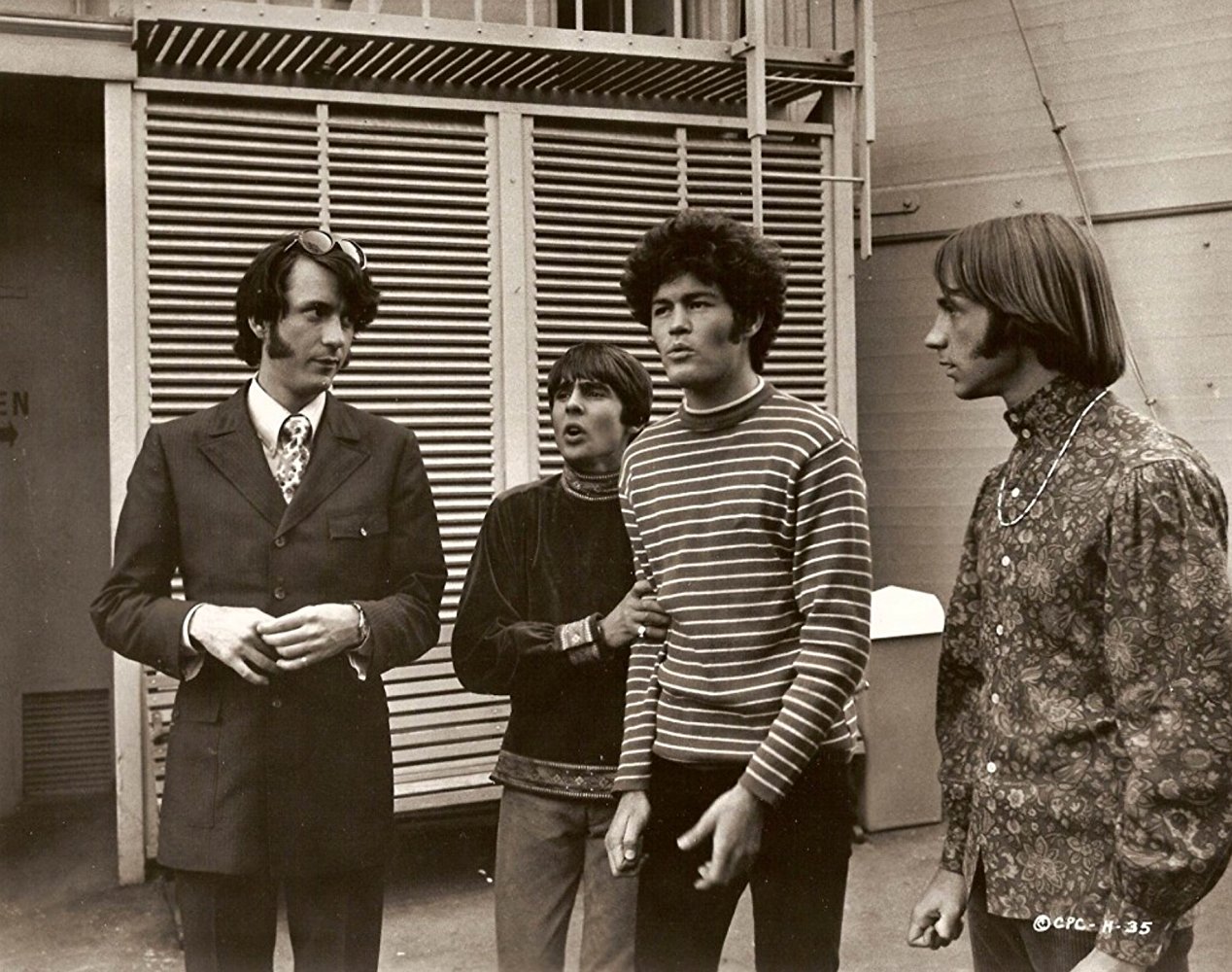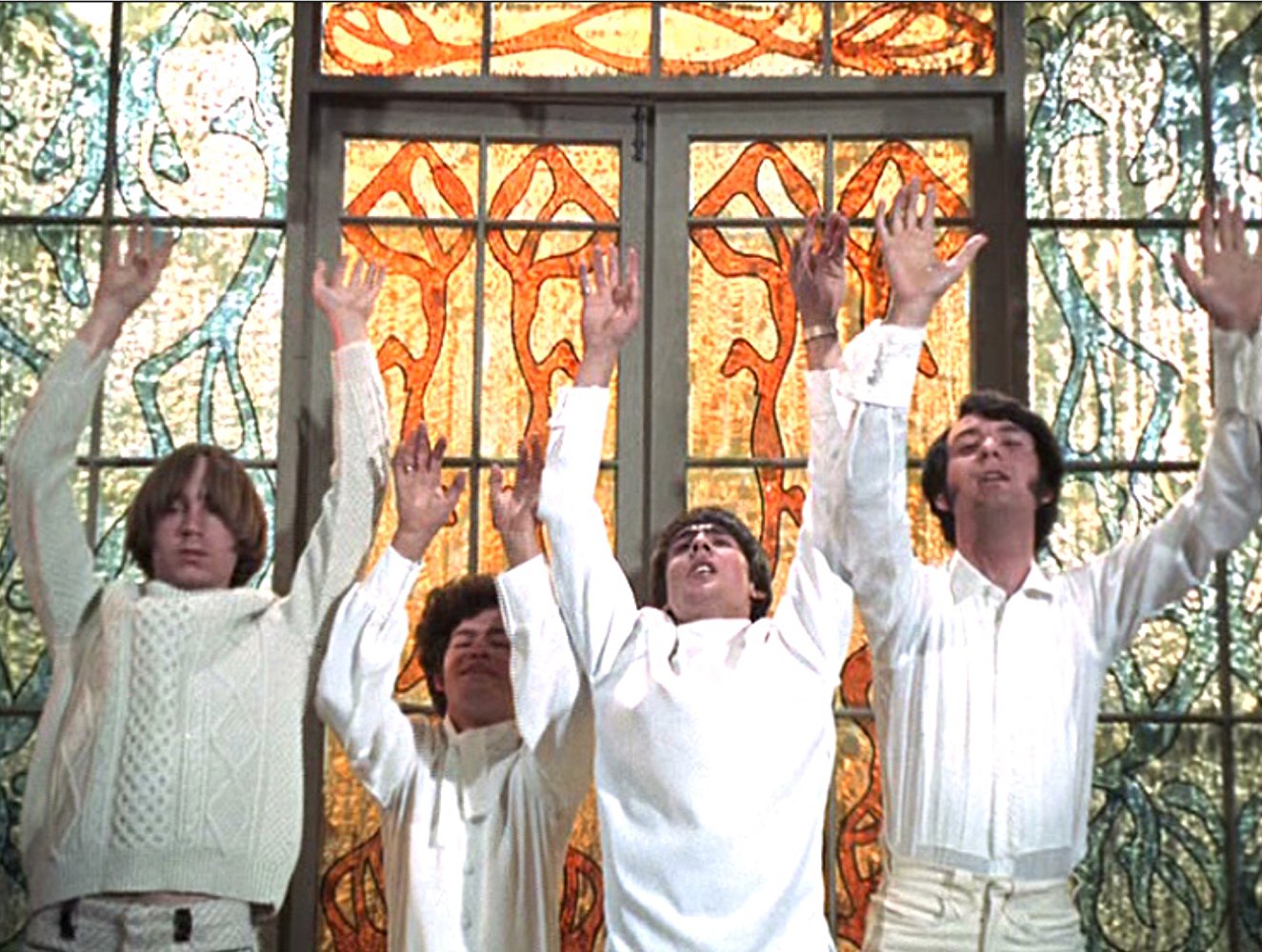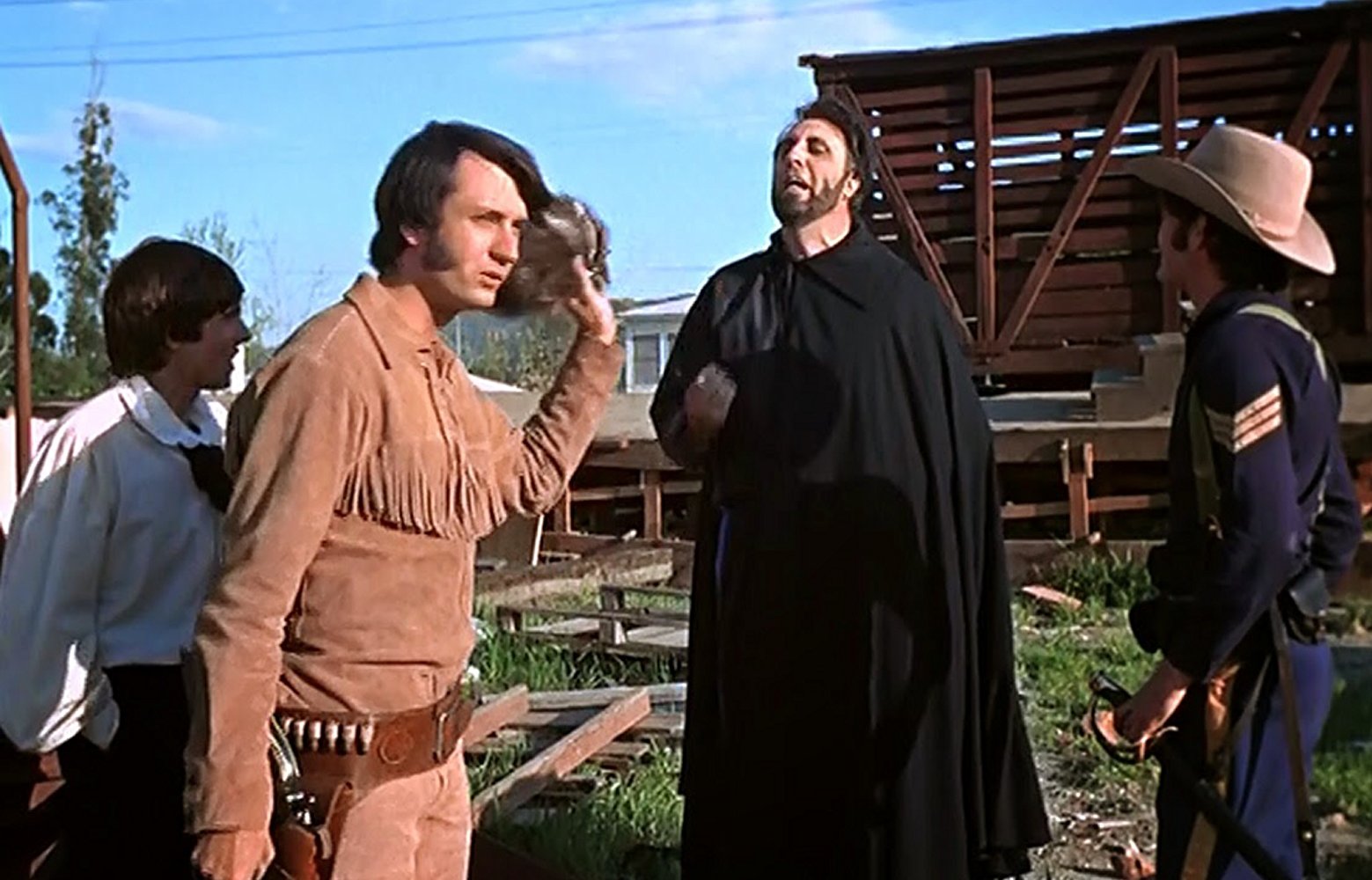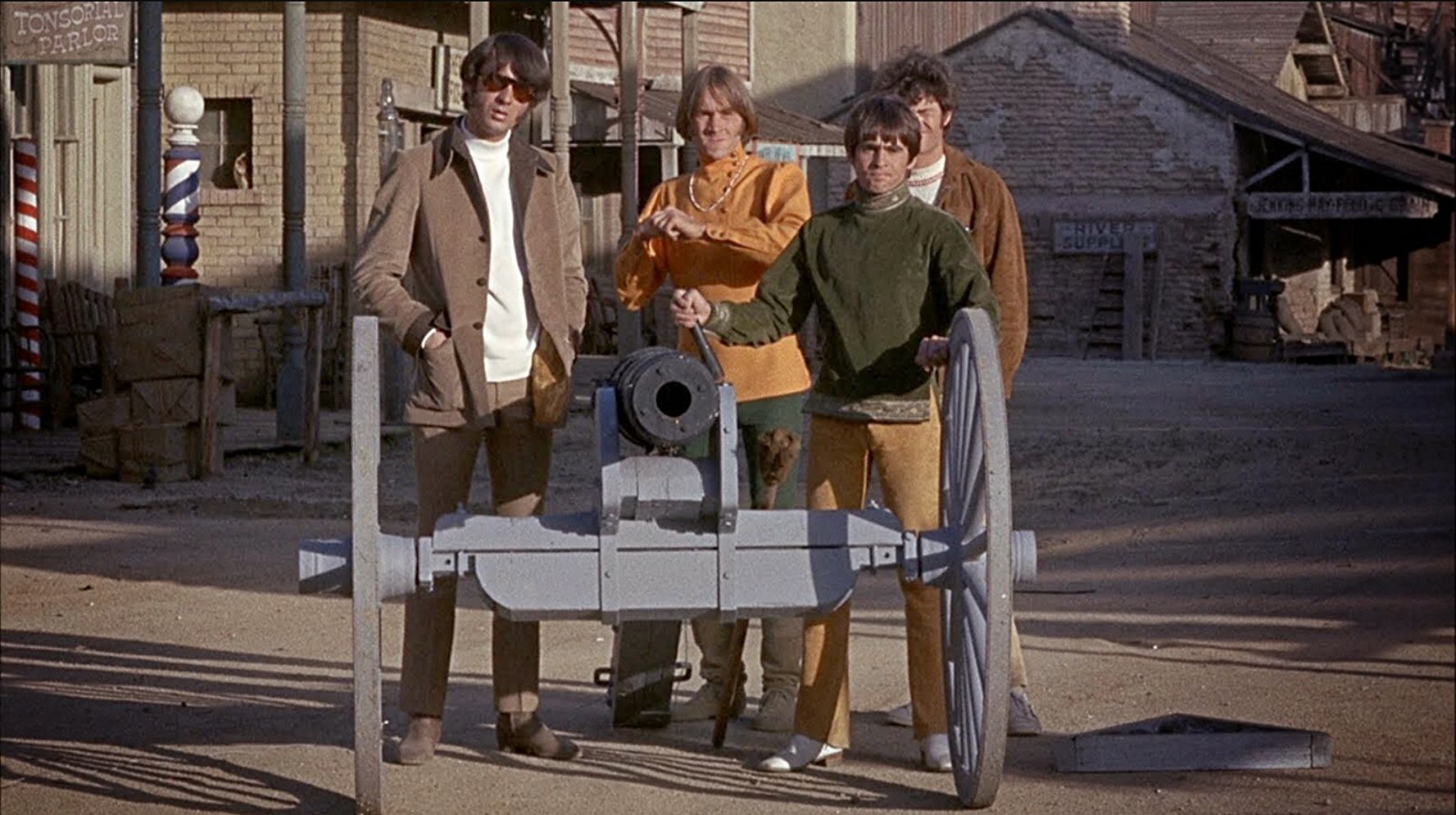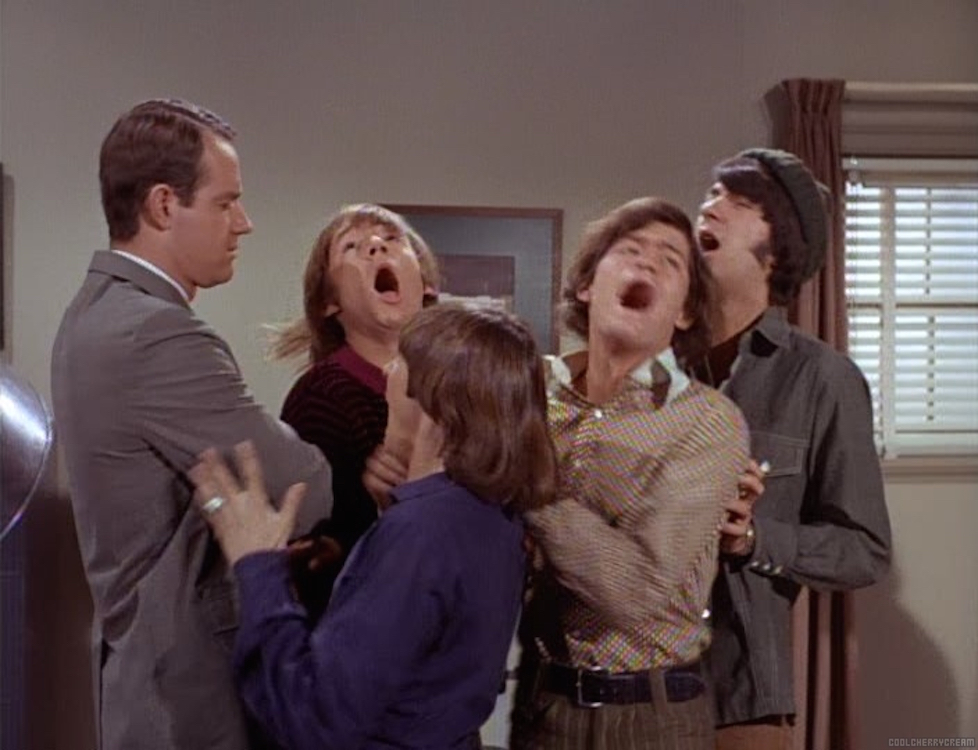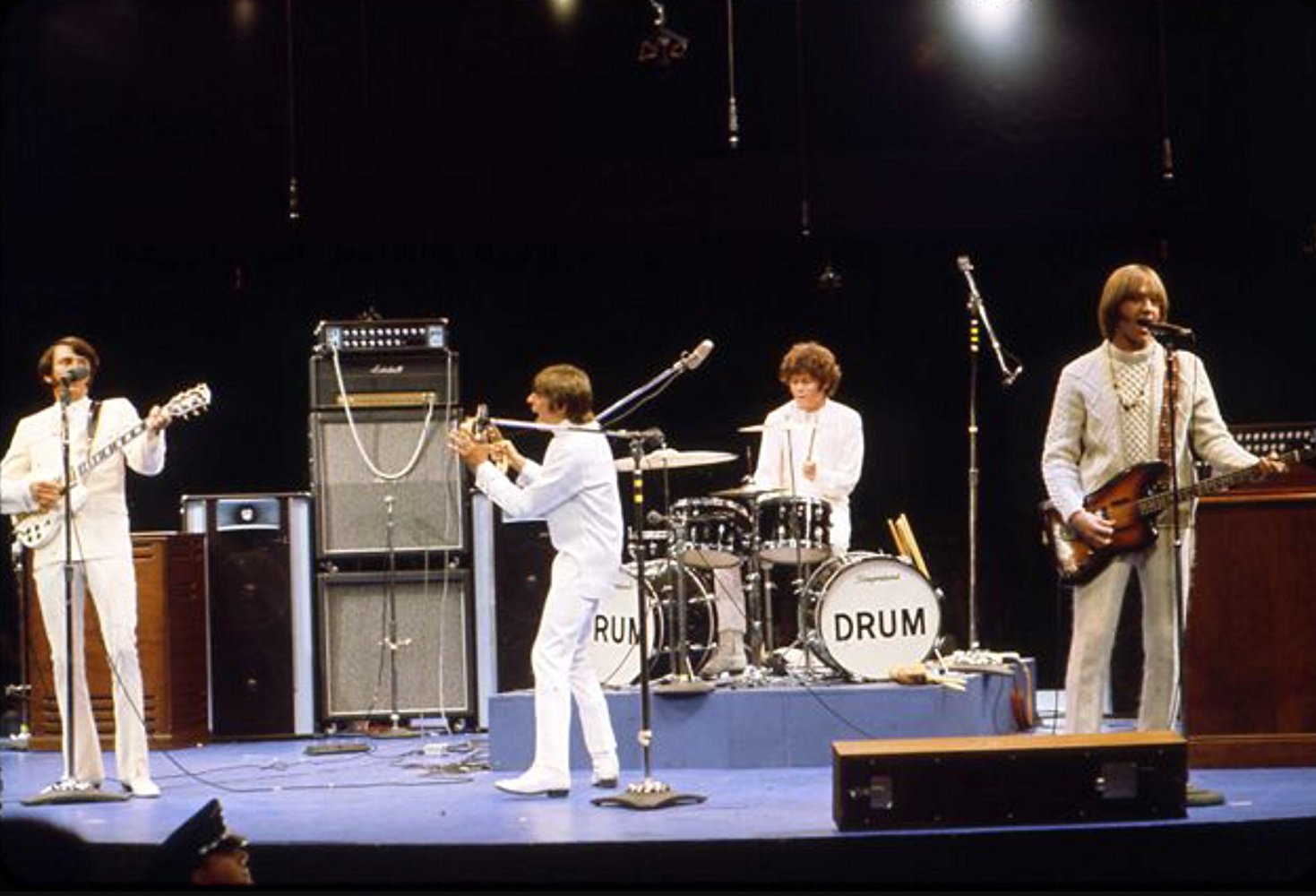Singer, composer, heartthrob, pioneer - all are accurate descriptions of Robert Michael Nesmith. Most easily identified by his trademark bluish wool hat with pompom, Nesmith fashioned a diversified career within music and also in film. Born in Saint Joseph's Hospital in downtown Houston, Nesmith was a self-described "failure" growing...
Show more »
Singer, composer, heartthrob, pioneer - all are accurate descriptions of Robert Michael Nesmith. Most easily identified by his trademark bluish wool hat with pompom, Nesmith fashioned a diversified career within music and also in film. Born in Saint Joseph's Hospital in downtown Houston, Nesmith was a self-described "failure" growing up. "I just didn't do anything," he said in his famous 1965 screen test for _The Monkees (1966)_ ; he expanded on this in a 1968 Australian radio interview by noting, "I was just starving and writing music." He got work as a session guitarist up and down the East Coast before moving to Los Angeles with his wife Phyllis Barbour in 1965. He managed to get a record contract with Colpix Records and released several 45s as well as appearing on 'Lloyd Thaxton's' syndicated teen dance show. When Nesmith won the role for The Monkees (1966) he was the first of all involved to see where the show and the music would go. Nesmith produced tracks for The Monkees even before TV series filming began; he has said "about a hundred" tracks were made by himself, Micky, Peter, and Davy in the first half of 1966, and among the songs recorded was his composition "The Girl I Knew Somewhere." The hiring of Don Kirshner quashed this group gestation, but Nesmith continued to produce tracks for the group, usually with Micky Dolenz providing co-lead or harmony vocals; the trademark of Nesmith's 1966-produced tracks was the stellar deep bass work of Robert West. Being the leader of the group by virtue of having the strongest musical vision and polish, Nesmith challenged the controlling powers, culminating in the famous "That could have been your head!" near-brawl with Columbia executives in late 1966-early 1967 that left a wall torn open and ultimately left Don Kirshner eighty-sixed from the project. Nesmith took a controlling involvement in the group's albums, but given the strong egos of each member, and breakage was inevitable. Nesmith finally left after 1969. He joined longtime bassist friend John London and pedal steel ace 'Orville "Red" Rhodes' for The First National Band, a group that pioneered the mixture of country music with rock-&-roll. The song "Joanne" off of their first album, "Magnetic South", became a big hit. Though the FNB broke after three albums, Nesmith and Rhodes kept on going with the Second National Band. Their records were critical successes, but unfortunately were not big hits. Nesmith then invented and sold the concept 24 hour music television to Time Warner. He produced a proof of concept called "Pop Clips" which Time-Warner aired on the Nickelodeon channel as a test. It was an instant success. From there was developed the MTV network. He also branched into TV and film production, with such works as Elephant Parts (1981), Timerider (1983), Repo Man (1984), Square Dance and Tapeheads, as well as several TV specials; Nesmith continued to make records on a sporadic basis, 13 solo albums in total. He reunited with Red Rhodes in 1992 and a Latin-flavored masterpiece called "Tropical Campfires". He was nominated for a Grammy for his 1994 album "The Garden". - He reunited with the Monkees in 1996 for the "Justus" album. In 1997 he wrote and directed an ABC television Monkees special. In 1998 St. Martins Press published his first novel, "The Long Sandy Hair of Neftoon Zamora". In 2005 he finished his second novel, "The America Gene". He also started a small video game development company called Zoomo Productions, based in Monterey, California.
Show less «

